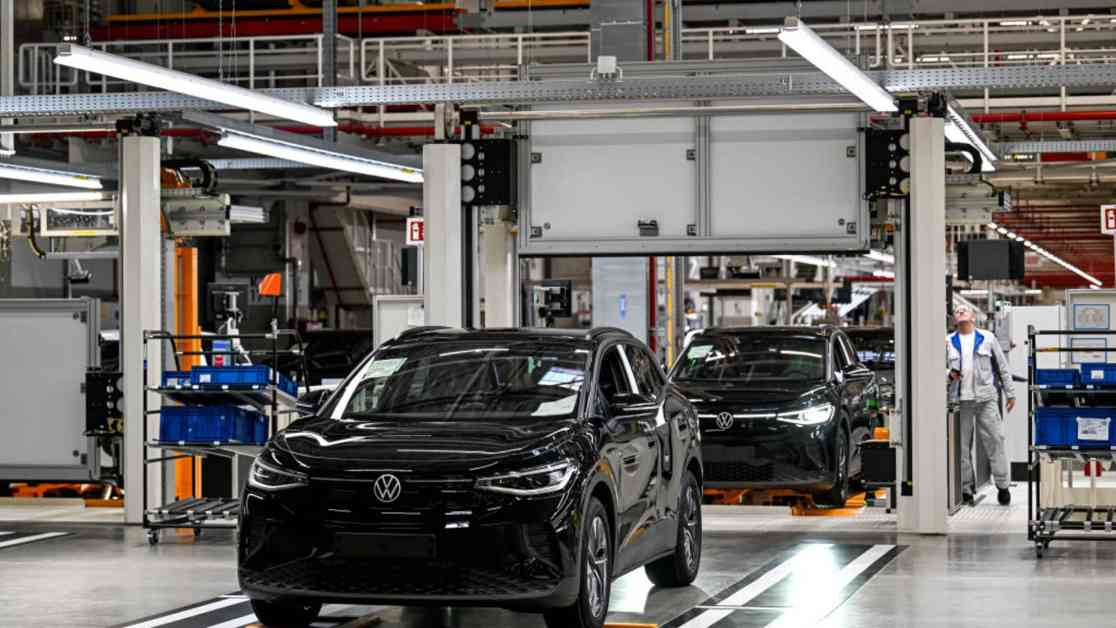With the upcoming German elections, the spotlight is on the struggling economy and the potential impact of new leadership on the nation’s financial landscape. Chancellor Olaf Scholz’s government has faced criticism for its economic policies, setting the stage for change with voters heading to the polls.
Friedrich Merz, a prominent figure in the Christian Democratic Union, is poised to take the reins as the new chancellor, positioning himself as a candidate who can provide the economic boost Germany needs. Merz has been vocal in his critique of Scholz’s policies, attributing them to the lackluster state of the country’s economy, and promising a different approach under his leadership.
However, experts caution that the transition to new leadership may not bring about the radical economic changes that some hope for. Carsten Brzeski, global head of macro at ING, expresses skepticism about the possibility of a complete overhaul of Germany’s economic model post-election.
Assessing the CDU/CSU Economic Agenda
The Christian Democratic Union, in conjunction with the Christian Social Union, is campaigning on a platform that emphasizes economic conservatism. The agenda includes proposed tax cuts, reduced subsidies and bureaucracy, changes to social benefits, deregulation, and support for innovation and investment.
Brzeski highlights potential shortcomings in the CDU/CSU’s economic strategy, noting a lack of specificity in certain areas such as infrastructure, digitalization, and education. While the party aims to revitalize Germany’s economic model, the details of how this revitalization will occur remain unclear.
Geraldine Dany-Knedlik, head of forecasting at DIW Berlin, underscores the CDU’s ambition to achieve a 2% GDP growth through its “Agenda 2030” program. However, she voices skepticism about the feasibility of this goal, both in the short term and in the long run, given the current economic challenges facing Germany.
Germany has experienced economic setbacks in recent years, with declining GDP and concerns in key industries like automotive, infrastructure, and housing. Dany-Knedlik also points to the constraints imposed by Germany’s debt brake policy, which limits government borrowing and could pose challenges to financing economic growth.
Implications of Coalition Talks
Following the election, the CDU/CSU will need to form a coalition government with a partner like the Social Democratic Party or the Green Party. Franziska Palmas, senior Europe economist at Capital Economics, highlights the potential for conflicting economic policies between these parties, particularly in areas like taxation and regulation.
Palmas notes that while the CDU/CSU’s economic proposals may feature prominently in coalition negotiations, differences in economic philosophy could complicate the process. The outcome of these talks will shape the economic direction of the new government and determine the extent of policy changes moving forward.
As Germany navigates a critical juncture in its economic trajectory, the decisions made in the aftermath of the election will have far-reaching implications for the nation’s financial stability and growth prospects. The path to economic recovery and revitalization hinges on the ability of the new leadership to address systemic challenges and chart a course towards sustainable prosperity.














